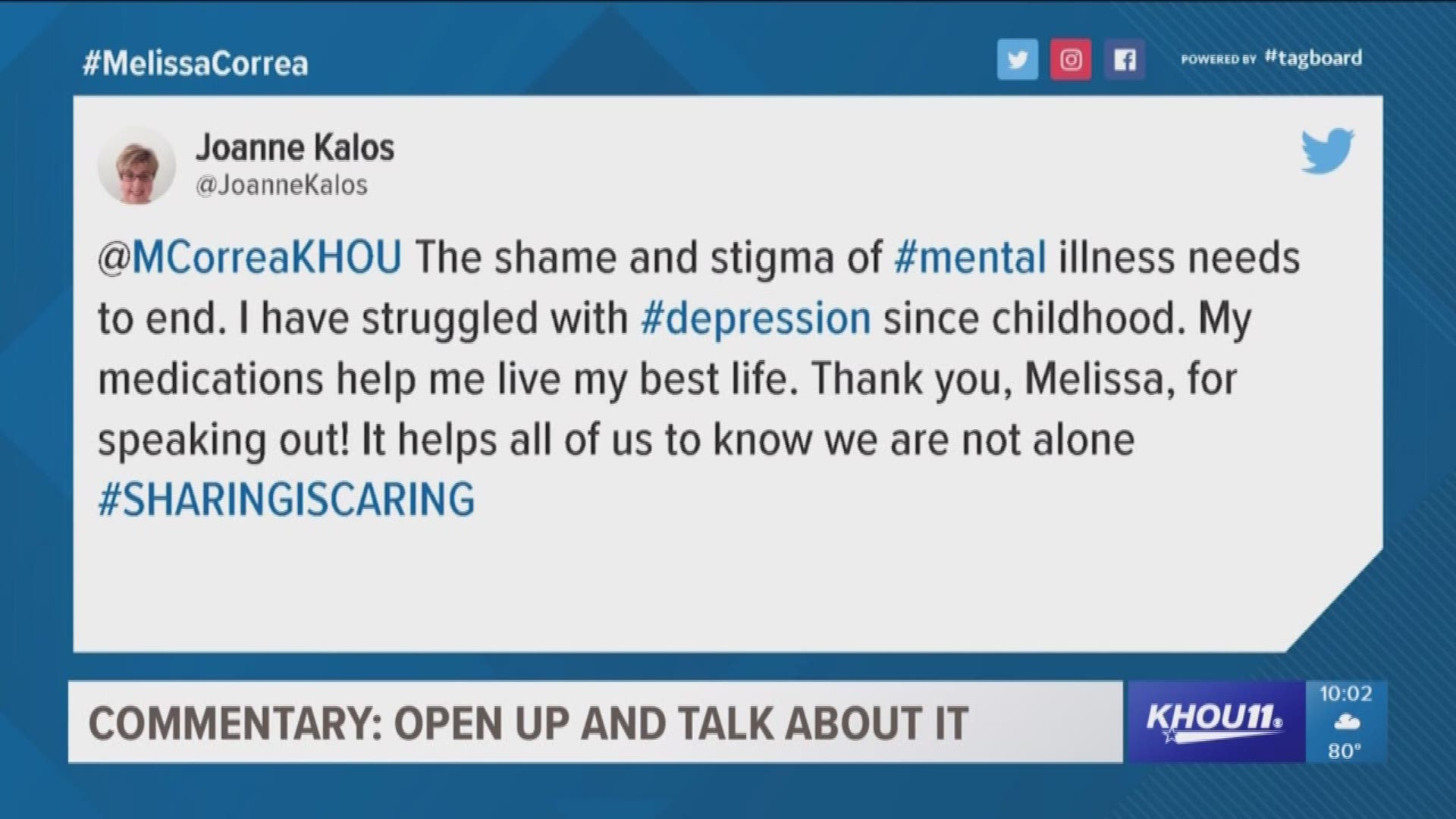When faced with potentially harmful situations or worrying triggers, our “nerves” become the warning signs we need to navigate the dangers around us. A faster heartbeat, sweating, and increased sensitivity are just a few ways our body responds to the increased adrenaline rush in our minds, triggering our need to “fight or flee” from our immediate threat.
But what if you experience these symptoms constantly or intensely - even without a present danger? In modern society, it’s common for our anxieties to revolve around work, money, family, health and other pressing issues that require our daily vigilance. Everyday situations like a test, speaking in public, or attending a party can also trigger a similar “fight or flight” response that feels overwhelming and may take several hours, days, or weeks to subside. In these situations, we can attribute these feelings to an anxiety disorder.
People with anxiety disorders feel worry and fear constantly, and these feelings of distress can severely impact their daily lives. Living with an anxiety disorder can feel crippling, but with time and proper treatment, many people can manage their anxiety and live a fulfilling life.
If you find yourself struggling more than usual with feelings of fear, worry, or distress, you may have generalized anxiety disorder or a specific type of anxiety, like panic disorder or social anxiety disorder.
What is Anxiety Disorder?
Anxiety disorder can sometimes refer to generalized anxiety disorder or a group of mental illnesses that include generalized anxiety disorder. In reality, anxiety disorders can be classified in to six major types of disorder that provoke an imbalanced response to normal or non-stressors in a person’s life.
Anxiety disorders can include:
- Generalized anxiety disorder (GAD): This is the most common type of anxiety disorder. People with GAD may experience excessive or unrealistic fear, paranoia or tension with little or no reason. Unlike phobia, GAD may not always have a specific trigger; like panic disorder, its onset can be sudden and intense. Anxiety occurs when the duration or severity of these feelings are out of proportion to the possible stressor or when they fail to subside on their own after prolonged exposure.
- Phobia disorder: People with specific phobias may feel intense fear of a specific object or situation, such as clowns or flying. When faced with their specific trigger, a person with phobia can experience intense fear or other emotional responses. This can cause people to avoid situations where their trigger may be present.
- Panic disorder: People with panic disorder feel terror that can appear suddenly or randomly. They may be prone to panic attacks, in which they can experience sweat, heart palpitations, or difficult breathing. Panic attacks can lead to drastic changes in lifestyle or behavior to avoid future panic attacks.
- Social anxiety disorder (or social phobia): Not to be confused with phobia disorder, social phobia can prompt you to feel unsafe or self-conscious in everyday social situations. People with this disorder fixate on the idea of being judged, embarrassed, or ridiculed in public and may deliberately avoid social situations.
- Separation anxiety disorder (SAD): A person with SAD may experience high levels of anxiety when separated from a person or place that makes them feel safe or secure. Separation can sometimes result in panic attacks or similar symptoms. It is considered separation anxiety disorder when the response is excessive or inappropriate after separation.
Some of these disorders may have similar symptoms, like recurring intrusive thoughts, random onset, or a prolonged reaction time that can be difficult to recover from. Anxiety sufferers may experience common warning signs, like an increased heartbeat or blood pressure, nausea, labored breathing, and a sense of “losing control.”
Remember: anxiety isn’t always a bad thing. We need the adrenaline rush anxiety can provide to stay alert or propel ourselves to action. However, when anxiety is constant, overwhelming, and interferes with your daily life, you may have an anxiety disorder that will require professional treatment. To differentiate between common anxiety symptoms and an anxiety disorder, ask yourself:
- Are you constantly tense, worried, or on edge?
- Does your anxiety interfere with your work, school, or family responsibilities?
- Do you believe that something bad will happen if certain things don’t happen a certain way?
- Do you avoid everyday situations or activities that cause you anxiety?
- Do you experience sudden or unexpected attacks of heart-pounding panic?
Symptoms of Anxiety Disorders
It may not always be easy to tell if your everyday anxiety has become an anxiety disorder. Anxiety can manifest in many forms, and diagnosis can take time. However, if you experience any of the following symptoms regularly, you may want to chat with your doctor:
- Restlessness or feeling wound-up or on edge; muscle tension
- Fatigue
- Difficulty concentrating or controlling fear, worry or paranoia
- Irritability
- Sleep disruption (difficulty falling or staying asleep or restless, unsatisfying sleep)
- Sudden and repeated attacks of intense fear
- Fear or avoidance of places where panic has occurred
- Cold, sweaty, numb or tingling hands or feet
- Heart palpitations
- Dizziness
When to Get Treatment for Anxiety
It’s okay to feel anxious, but not all of the time. If you feel that you are experiencing one or more of these symptoms in your daily life or to an intense degree, you may have an anxiety disorder.
It’s important to reach out to a mental health care provider to help confirm a diagnosis. They can work with you further to determine the best treatment plan to address and manage your anxiety. As one of Houston’s most prestige behavioral health facilities, Houston Behavioral Healthcare Hospital will work with you every step of the way to diagnose and treat your anxiety and its symptoms.
Our experienced and empathetic staff provide the Houston community with personalized, quality in- and outpatient services. To get help for your depression and anxiety, contact us online or by phone by dialing 877-489-4707.



